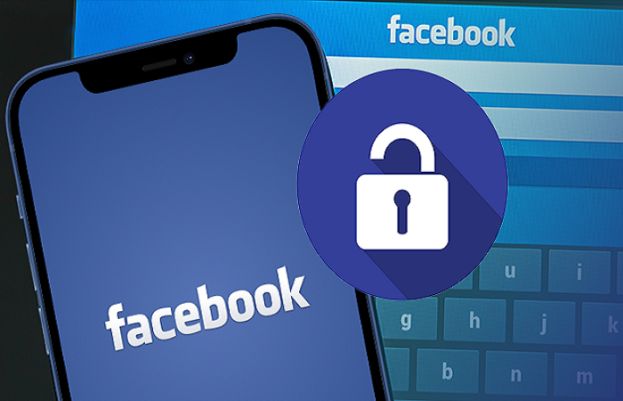For many of us, Facebook is part of everyday life. It’s where we interact with friends and colleagues, follow our favorite celebrities, and stay on top of the latest news. Many of us see Facebook as an extension of ourselves, which is why having your Facebook account hacked can be more than just humiliating. A hacked Facebook account can damage your reputation, expose private information, or even cost you money. Things You Should KnowThere are plenty of things you can do to protect your Facebook account and prevent it from being hacked, like making a secure password.Use Facebook’s security features to check your activity on the social media site and make sure there aren’t unknown logins.Don’t click links in emails that claim to be from Facebook and don’t give away your login information if you’re asked for it. Create a secure password.Choose a password that will be hard for hackers to guess. Your Facebook password should be difficult to guess, yet easy for you to remember. Avoid including your name, birthdate, pets, or common words in your password. Make a password that’s just for Facebook.Do not use your Facebook password on any other website or app. You should have a different password for every service you use. For example, let’s say you use the same password for Facebook as you do for TikTok. If your TikTok is hacked, the hacker can also gain access to your Facebook account. Change your passwords often.Change your password once every 6 months. This goes for all your passwords, not just Facebook. Set a reminder on your calendar if it’s difficult to remember. Don’t share your password.Do not share your Facebook password with anyone. In fact, don’t share any of your passwords with anyone! Nobody from Facebook or any other service will ever request your password. Use trusted computers.Only log in on trusted computers. If you are using a computer that you don’t know or trust, avoid doing anything that requires you to enter your password. Hackers commonly use keyloggers on computer systems that record everything you type, including passwords. Make sure you log out of Facebook when you’re done.Log out of Facebook when not using your own computer. This is particularly important if you’re using a computer at a library or internet café, where many people you do not know will use the computer throughout the day. Use Login Alerts to detect suspicious logins.Set up Login Alerts. Login Alerts send you an alert (Facebook notification, email, and/or text message) when someone logs into your account from an unrecognized location. If you get a login alert and you weren’t the one that logged in, click or tap the This wasn’t me link to recover your account immediately. Enable two-factor authentication.Two-factor authentication makes it harder for hackers to log in. Two-factor authentication gives your account an extra level of security by requesting a security code when you log in from an unknown browser. You can choose to receive this code via SMS text message or using an authentication app like Google Authenticator. After setting up two-factor authentication, you’ll be given options for recovering your account in case you lose access to your second device (your phone). Check your login activity regularly.See where you’re logged in (and log yourself out remotely). The “Where You’re Logged In” section tells you which devices are currently signed to your Facebook account. If you think someone is using your account, or that you left yourself logged in somewhere else (like at work or on a friend’s computer), you can use it to sign yourself out remotely. Look for suspicious activity in your emails from Facebook.Check the list of recent emails from Facebook. If you accidentally deleted an email that Facebook sent you, or if your email account was hacked and you’re afraid that the hacker got into your Facebook account, you can see a list of recent messages sent by Facebook. Don’t accept friend requests from people you don’t know.Scammers can create fake accounts and friend people. Once they’ve friended you, they can spam your timeline, tag you in posts, send you malicious messages, and even target your friends. Don’t click suspicious links on Facebook.Click carefully. Your friends aren’t immune to spam. If a friend posts a suspicious link or “shocking video” or sends something strange in a message, don’t click it—even if it’s from someone you know. If one of your Facebook friends clicks on a spam link, they could accidentally send it over to you.
Tips to keep your Facebook account secure

